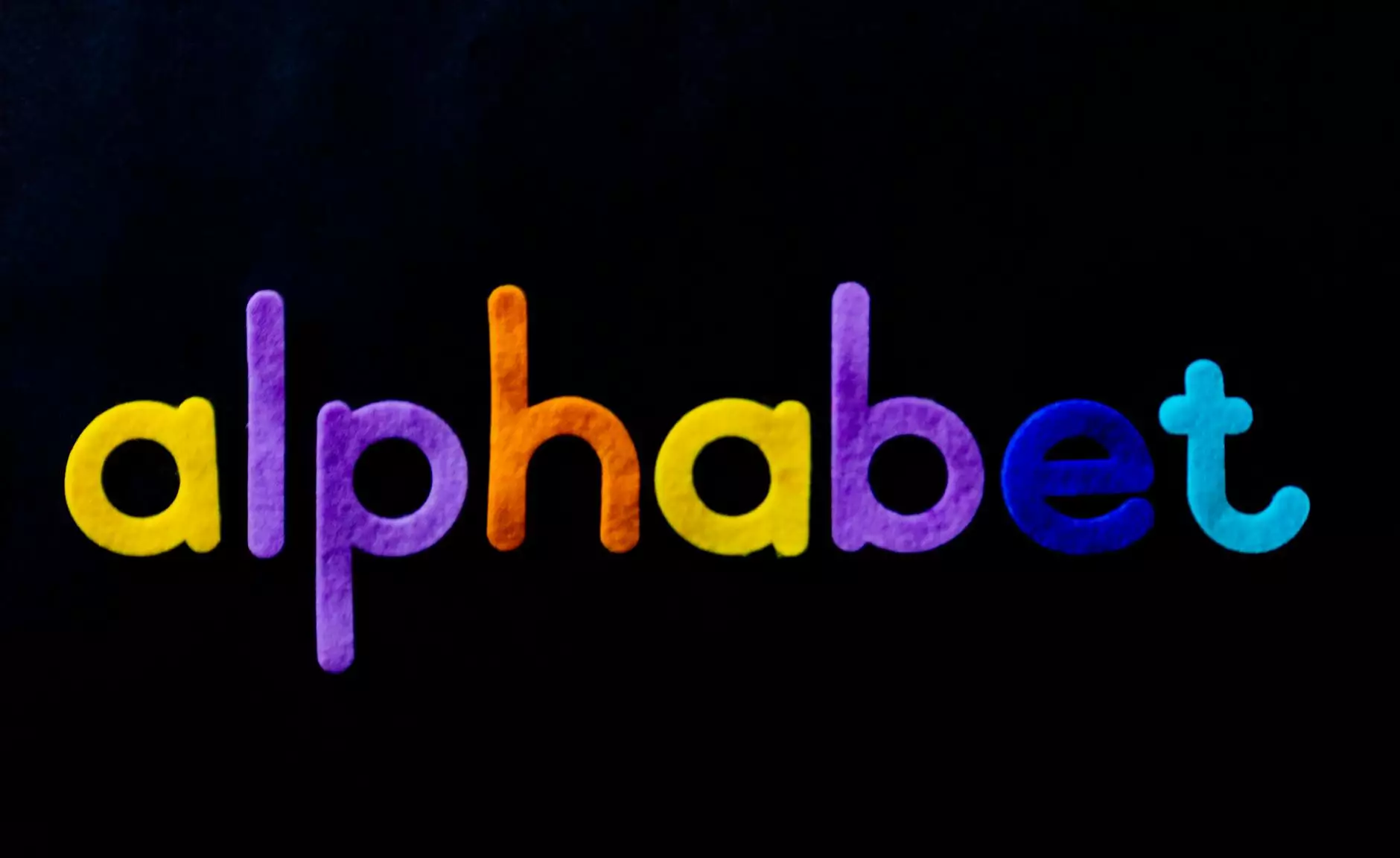Auditory - Learning Styles - Accessible Education

Understanding Auditory Learning Styles
Auditory learning is a unique learning style that emphasizes the power of hearing and listening. Individuals with auditory learning preferences have a strong affinity for absorbing information through sound, such as lectures, discussions, or audio recordings. By recognizing and accommodating auditory learners, educators can create inclusive and accessible educational experiences.
The Benefits of Auditory Learning
Auditory learners excel in environments where information is presented through spoken words. By leveraging their auditory strengths, they can process and retain information more effectively. Here are some key benefits of auditory learning:
- Enhanced Retention: Auditory learners have a remarkable ability to remember spoken information and verbal instructions, making it easier for them to recall and apply knowledge.
- Effective Communication: Auditory learners tend to possess strong oral communication skills, enabling them to articulate ideas and concepts fluidly.
- Active Listening: Auditory learners are skilled listeners. They thrive in situations that require active engagement with spoken content, allowing them to absorb details and nuances.
- Collaboration: Auditory learners often excel in group discussions and teamwork. They enjoy participating in conversation and exchanging ideas with others.
- Verbal Expression: Auditory learners tend to think aloud and verbalize their thoughts. This verbalization process helps them solidify their understanding of concepts.
Implementing Auditory Learning Strategies
To create an inclusive educational environment that caters to auditory learners, educators should consider incorporating the following strategies:
1. Lecture Style Presentations
When delivering lessons, incorporate lectures, audio recordings, or podcasts to engage auditory learners. Providing essential information in an auditory format will enhance their understanding and retention of the content.
2. Group Discussions and Debates
Encourage collaborative learning experiences that involve lively discussions and debates. This type of interaction allows auditory learners to actively engage with the subject matter while absorbing information through spoken words.
3. Audiobooks and Listening Materials
Utilize audiobooks, podcasts, and other listening materials as valuable resources. These mediums provide auditory learners with alternative ways to access information and reinforce their learning experience.
4. Oral Presentations and Speeches
Assign oral presentations, speeches, or debates as assessments. This allows auditory learners to demonstrate their comprehension and effectively communicate their ideas to their peers.
5. Recordings and Voice Notes
Encourage auditory learners to record lectures, discussions, or their thoughts as voice notes. This practice empowers them to revisit the material and reinforce their understanding through repeated listening.
The Knowledge Nest: Supporting Auditory Learners
At The Knowledge Nest, we are committed to providing educational resources and support for auditory learners in the community and society. With our expertise in accessible education, we believe in creating an inclusive environment where every learner can thrive.
Through our tailored programs and teaching methods, we aim to address the diverse needs of auditory learners by integrating auditory-based strategies into the learning process. Our passionate team of educators is dedicated to nurturing the potential of auditory learners and ensuring they receive the tools and support they need to succeed.
Join The Knowledge Nest today and discover how we can empower auditory learners to reach their full potential in an inclusive and supportive educational ecosystem!









